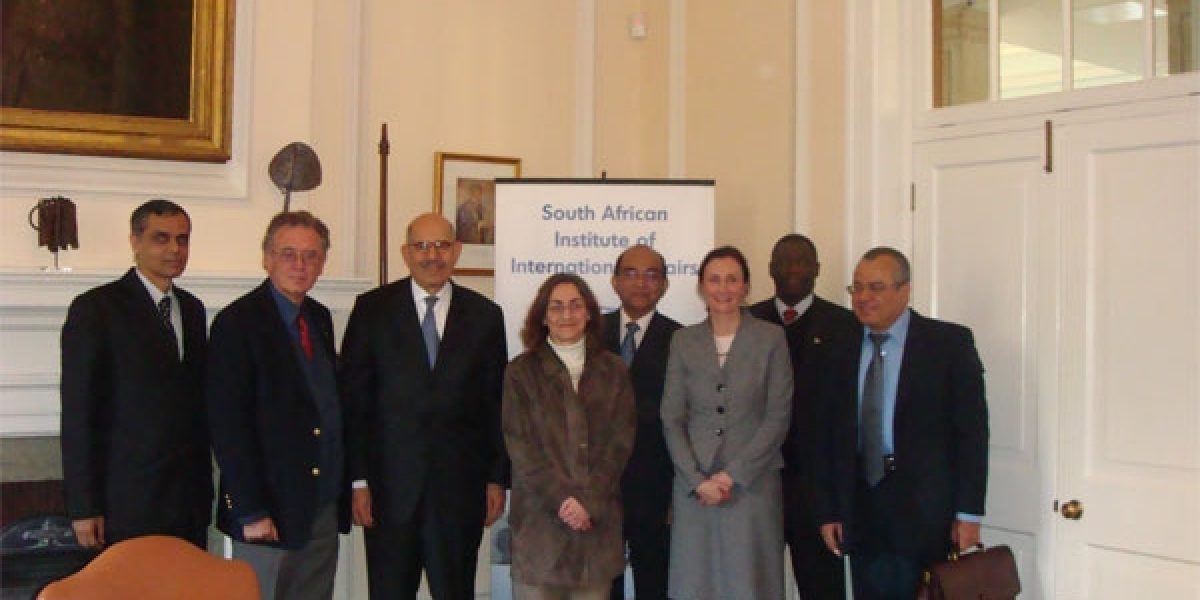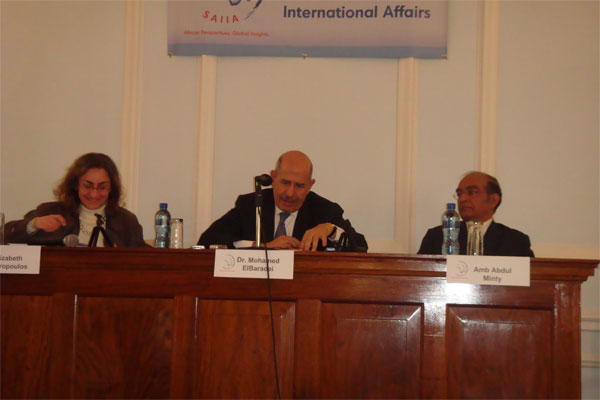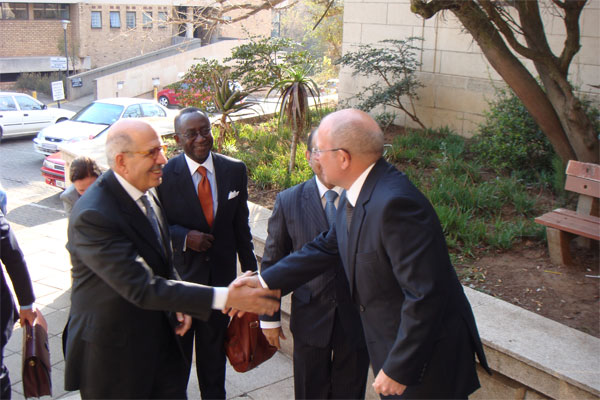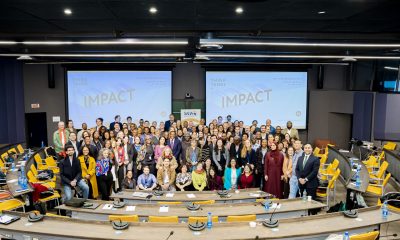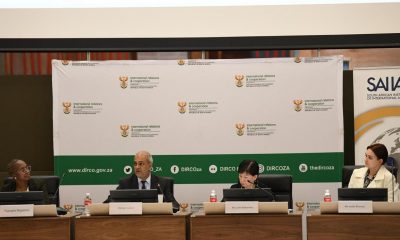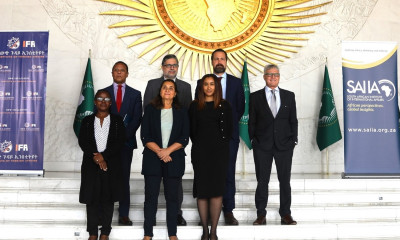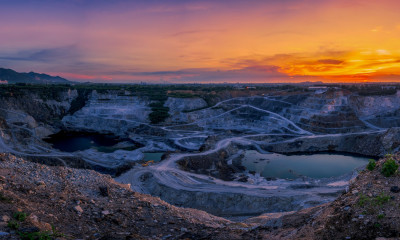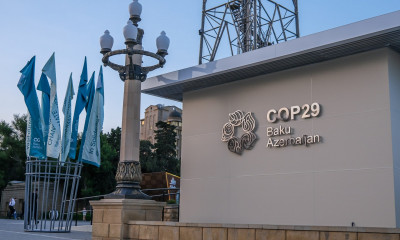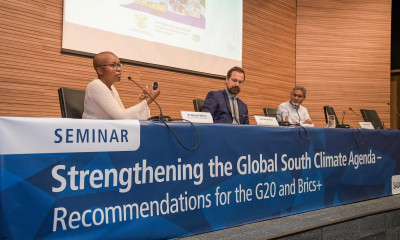Dr Mohammed ElBaradei speaks on the possibility of nuclear disarmament
Dr ElBaradei was elected Director General of the IAEA, an intergovernmental organisation that is part of the United Nations system, in December 1997, and was re elected for a third term in September 2005. From 1984, Dr ElBaradei had been a senior staff member of the IAEA Secretariat, holding a number of high-level policy positions, including that of the Agency’s Legal Adviser. Subsequently he was the Assistant Director General for External Relations.
When speaking at SAIIA in July, Dr ElBaradei spoke candidly about what he thought the challenges to national and international security were. To him, one of the greatest challenges is the inequality of the global distribution of wealth. Poverty, he said, is inextricably linked with lack of good governance, repression, a sense of humiliation and marginalisation, civil war, interstate wars, and in areas with endemic conflict – links between these factors and the effort to do research for nuclear weapons or other weapons of mass destruction.
Dr ElBaradei welcomed the moves by Russia and the United States earlier this year towards nuclear disarmament, but said that the actual outcomes of the bilateral talks remained to be seen. The rise of global terrorism, he believes, is responsible for re-introducing nuclear disarmament into the debate. For the first time, he said, the concept of mutual deterrence held no water, as chances of extremist groups arming themselves with nuclear weapons has escalated the risk of nuclear terrorism.

